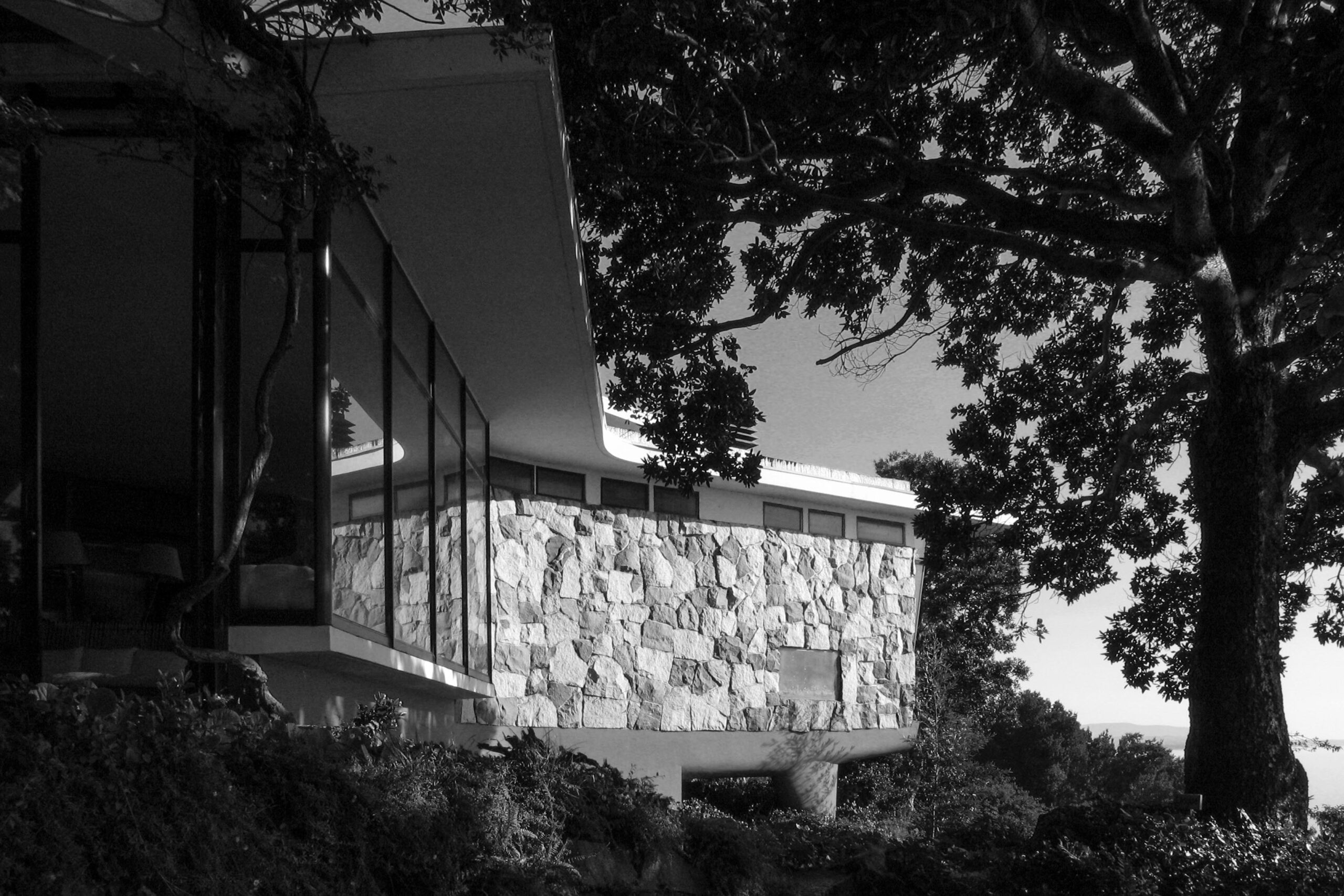Current global challenges
South American scale and Chilean hospitality

Antumalal Hotel. Jorge Elton, Miguel Eyquem, 1948-1952. Photo: Andrés Téllez
After three International Docomomo conferences in America (Brasilia, 2000; New York; 2004; Mexico City, 2010), Docomomo Chile is inviting the community for a new Conference to celebrate our friendship and commitment to global issues.
It will be the first conference held south of the Tropic of Capricorn. America’s large scale is manifested here in a particular way. During the 20th century, cities in South America multiplied their population extraordinarily, generating an accelerated urbanization process and incredible territorial transformations.
Modern architecture played a critical role in constructing these cities and the buildings that society required. Early in the twenties and thirties, modern housing, schools, hospitals, and recreational centers were built in South America’s most remote places. In Chile, the territory’s particular geography implied the construction of modern architecture from the desert in the north to the frozen areas in the south. Modern architecture showed a different, more equitable possibility of society.
But some of the territorial transformations remain uncertain. Cerro Sombrero was built on the island of Tierra del Fuego during the forties and fifties as a small town for oil exploitation; its modern forms remain in a windy landscape without further purpose. In the north, most of the city of Chuquicamata was obliterated by hills of mine tailings that buried the hospital and homes. The type of development that generated these actions is today under debate.
Chile today is a place where the main challenges of global change are reshaping public policies. Society demands global care and greater justice in human relations, and the challenges of development and inclusiveness are keys to a better future.
Modern architecture meets standards and levels that current housing architecture cannot achieve. The communities claim the relationship with the green areas, the low densities, and the presence of equipment as a part of their heritage.
Chile is also a key place: it represents the place where the needs of the Global South take shape, the demands for global integration challenges the Asia-Pacific region, and Latin American culture proposes new forms of social commitment.
Our goal is to explore new ideas for the future of a sustainable built environment based on the past experiences of the Modern Movement.
Chile will be a perfect place to do it.
Welcome, Docomomo.

